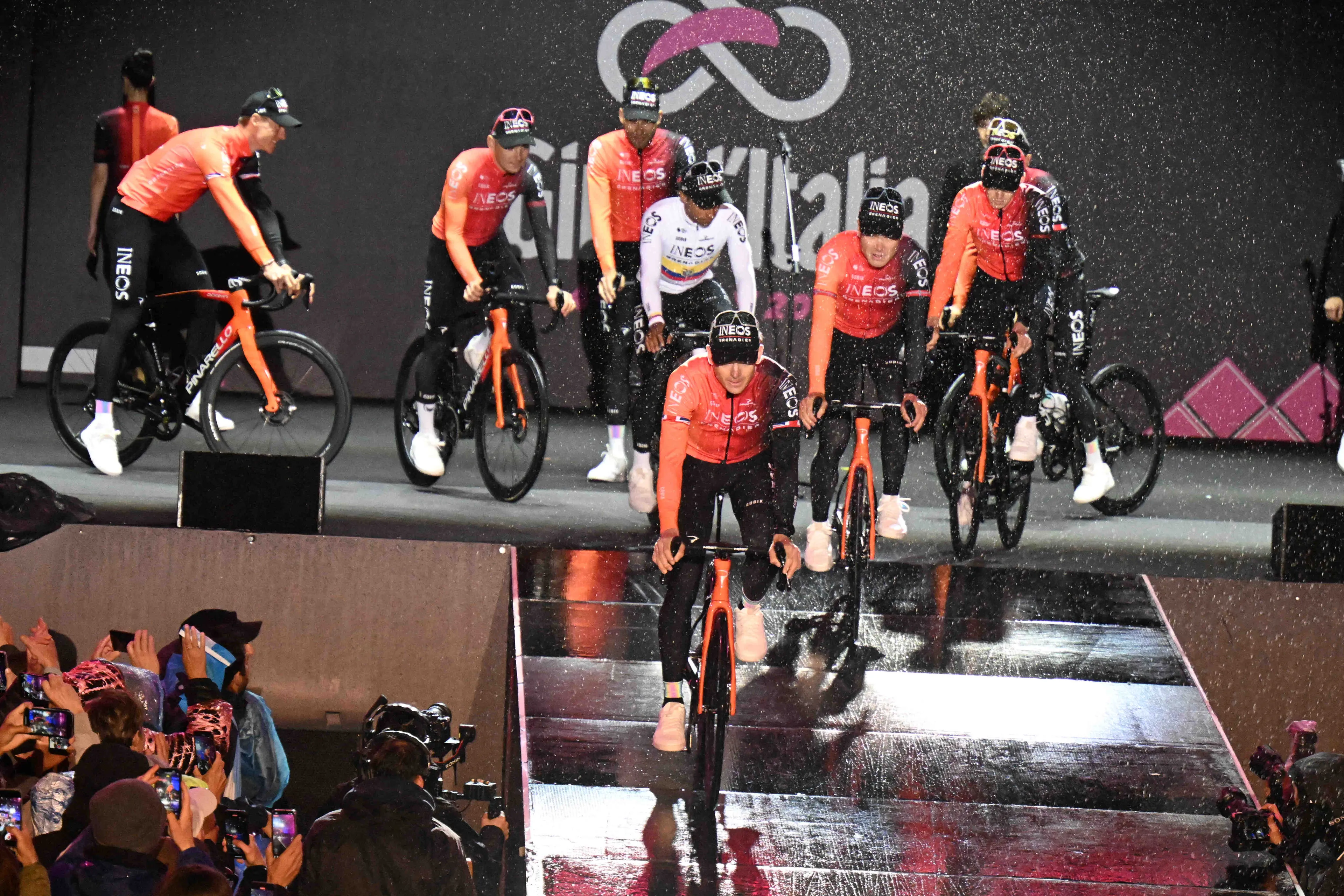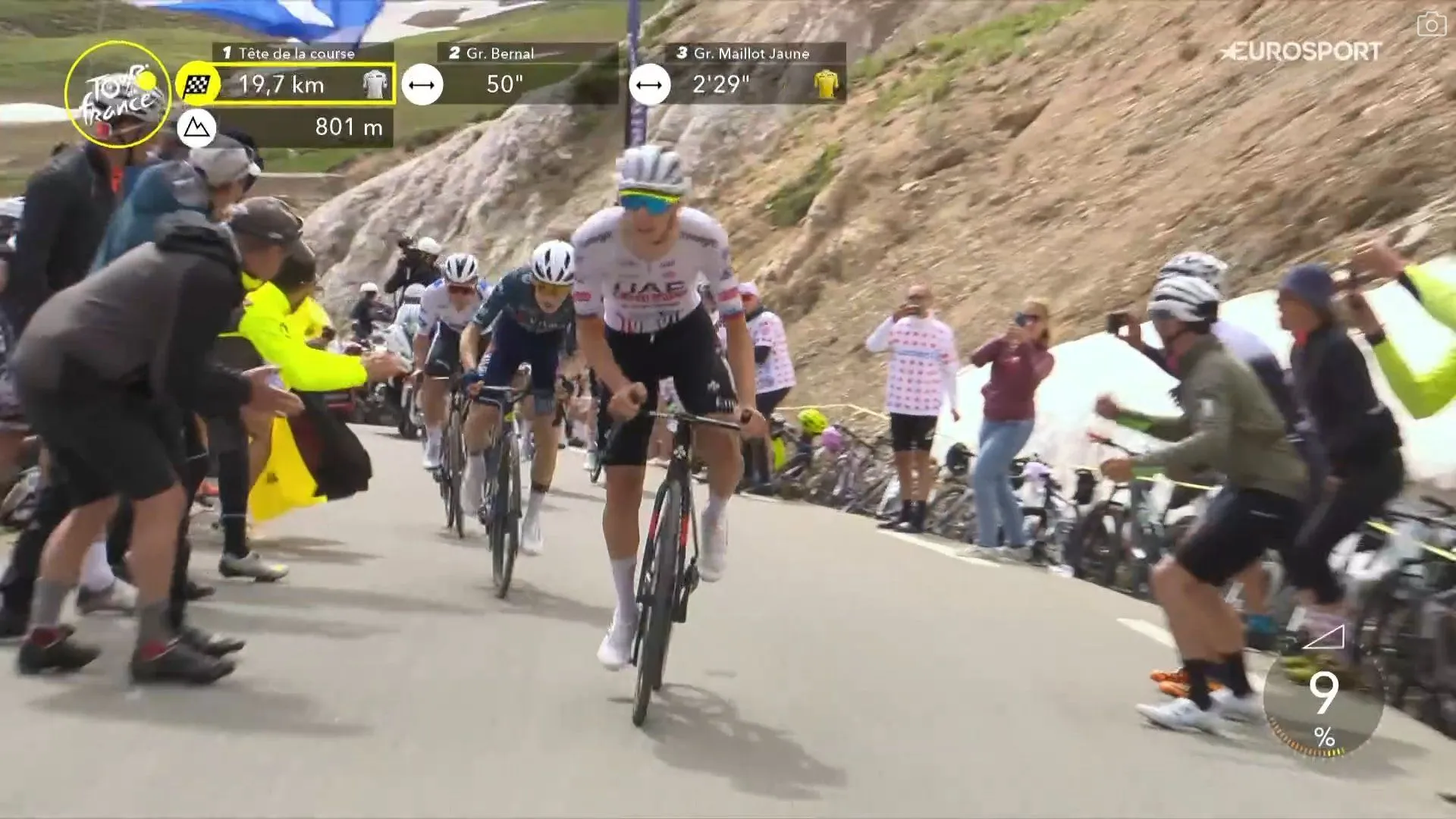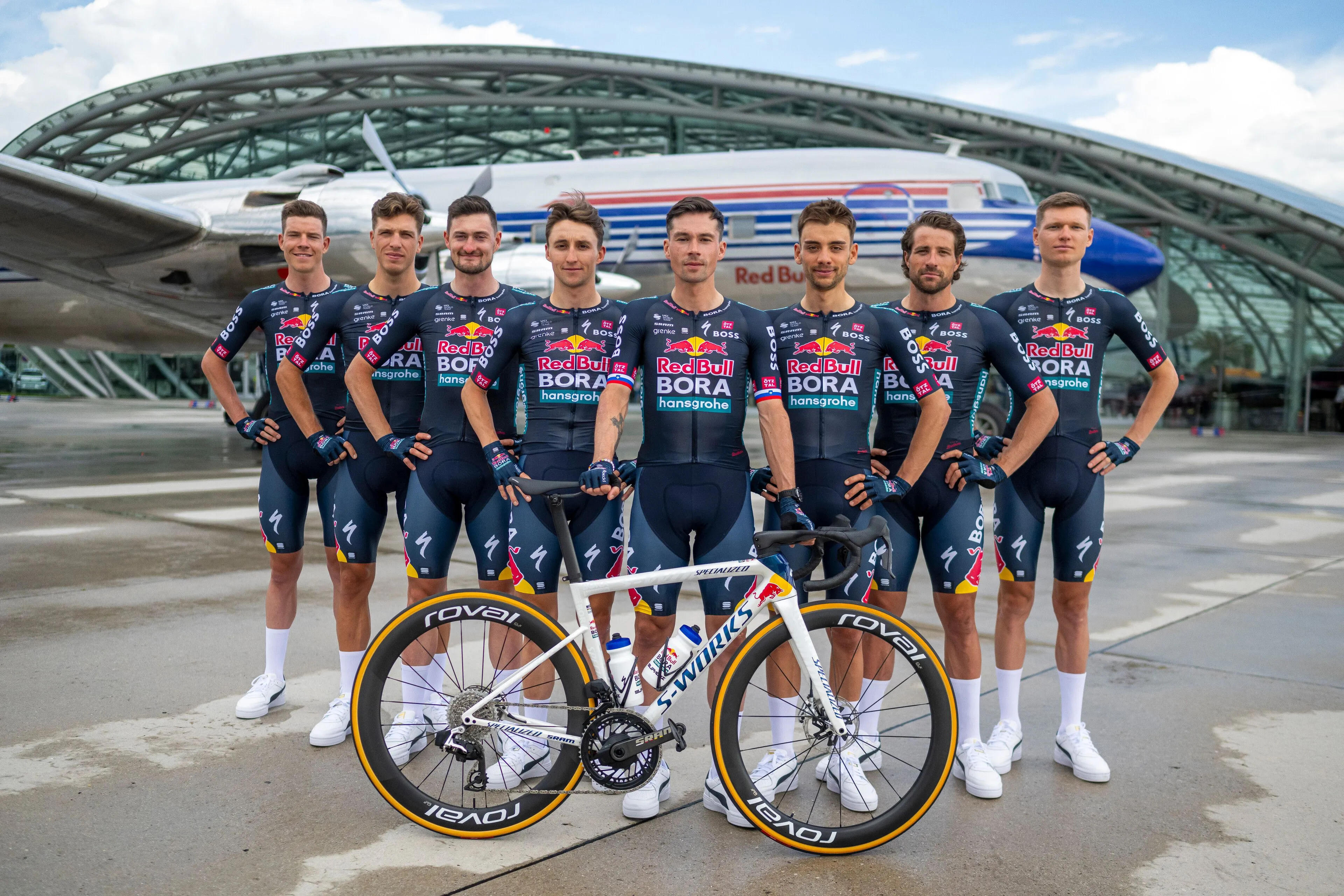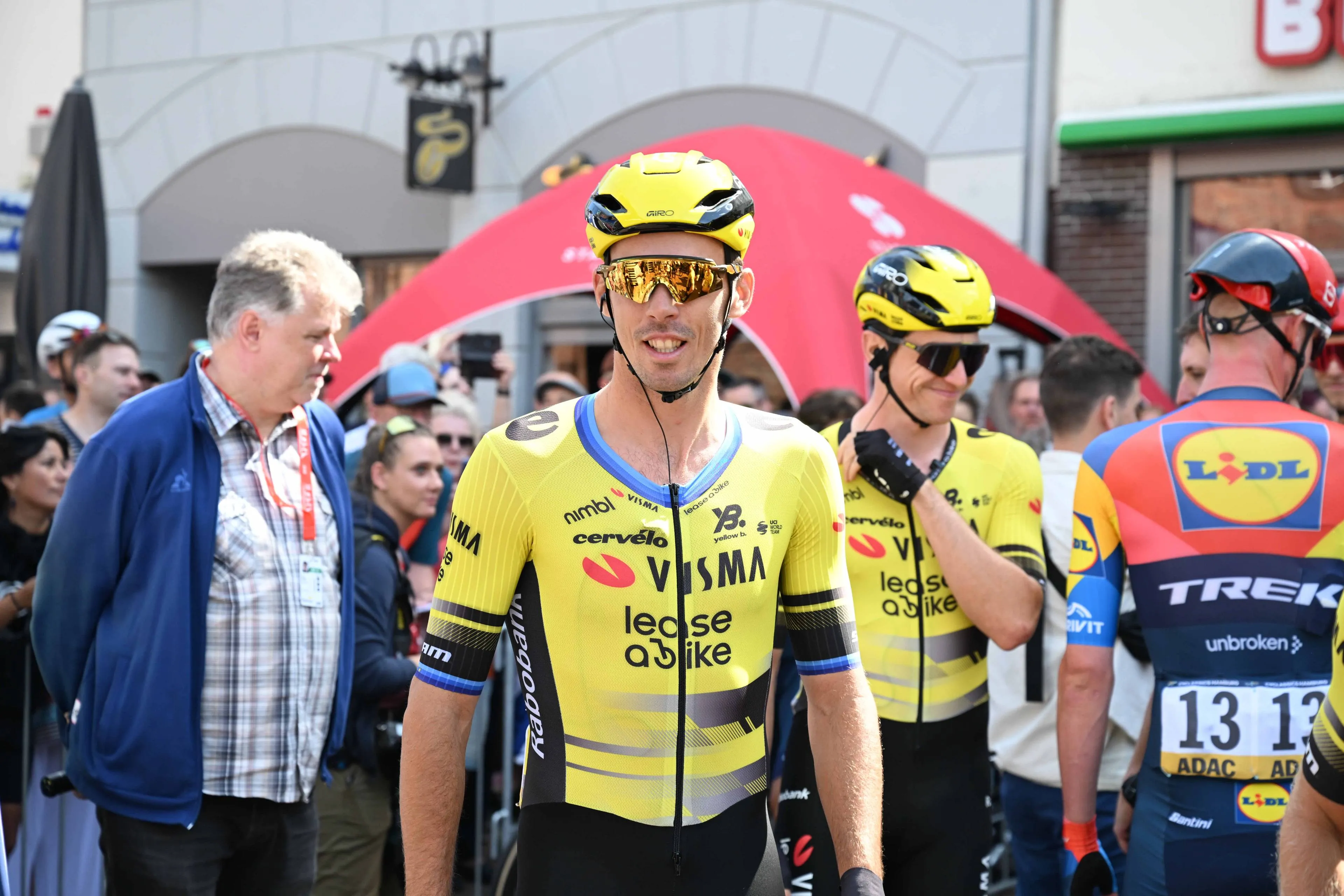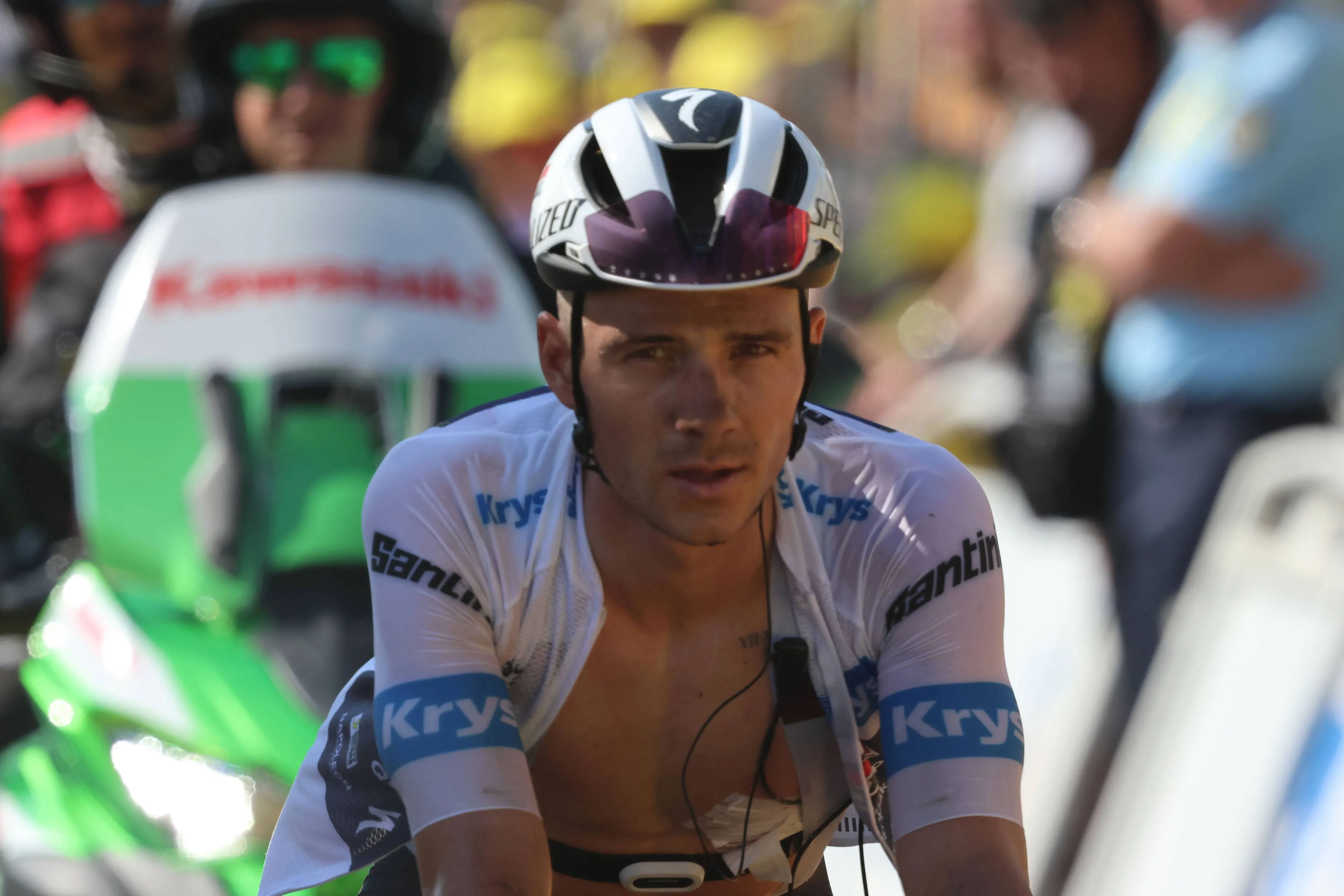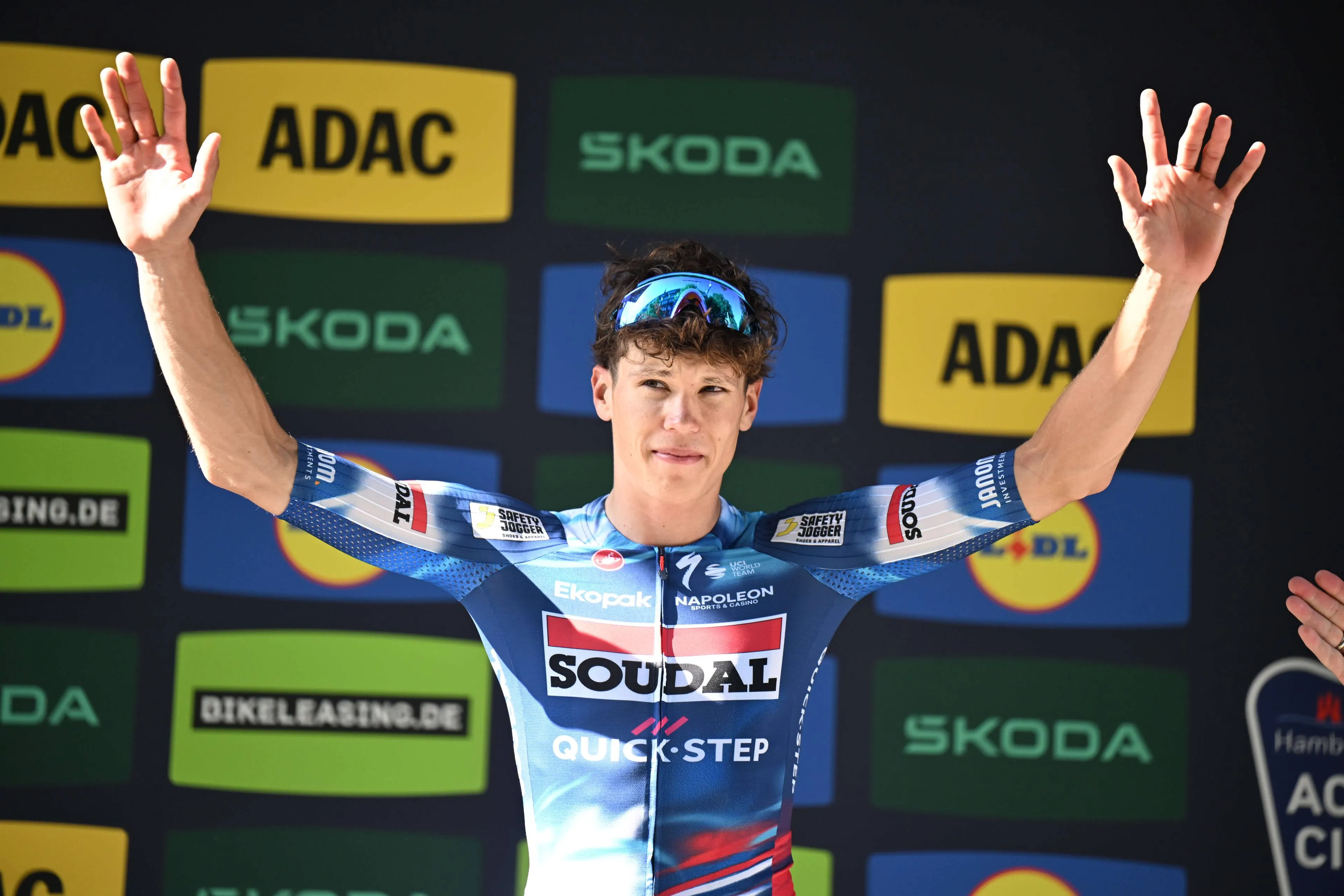ANALYSIS: Should Jonas Vingegaard and Remco Evenepoel take on the Giro-Tour double in 2025?
CyclingSunday, 10 November 2024 at 13:30

With the cycling season now over, focus has already begun to
shift to the schedule and plans for the sport’s star riders in 2025. The
announcement of the Tour de France route two weeks ago got the anticipation
building, with the defending champion Tadej Pogacar set to face off with the
likes of Jonas Vingegaard, Remco Evenepoel and Primoz Roglic, in France once
again next July.
But, there’s a lot of talk about whether any of the riders
will decide to tackle another grand tour as well. Of course, Tadej Pogaar won
the Giro-Tour double this year, the first rider since the great Marco Pantani
to accomplish this feat all the way back in 1998. Both Evenepoel and Vingegaard
have been rumoured to be interested in emulating this feat, which would undoubtedly
be the stuff of cycling fans dreams. Who wouldn’t want to see the world’s best
riders face off for six weeks instead of three?
But, there’s fine line between ambition and greed. Should a
rider bite off more than they can chew, they could truly pay the price. So, let’s
a look at whether more riders should try and attempt the Giro-Tour double, or
whether that’s best left to a superhuman force such as Tadej Pogacar.
Read also
Giro-Tour double
Prior to 2024, the Giro-Tour double was seen as something of
a forgotten art. The Giro, which takes place throughout May, finishes less than
6 weeks before the start of the Tour de France in July. What’s more, some
editions of the Giro are seen as ‘harder’ than the Tour, in terms of metres
climbed, leaving riders who want to attempt the double at risk of being
depleted by the Time the tour roles round.
Strict training regimes mean that most riders opt to compete
in either the Giro or the Tour, not both. The intense demands of preparing for
one Grand Tour often leave little room for optimal recovery and preparation for
a second, especially if it’s so soon after. The Giro's challenging course,
known for its high-altitude climbs and unpredictable weather, can exhaust even
the most prepared athletes. Entering the Tour de France after such a tough event
could result in fatigued riders, insufficient recovery time, and the inability
to peak in time for the race in July.
Read also
But this year, Tadej Pogacar showed a new way to grand tour
racing. Whilst most GC contenders spent the month of May in training camps for
the Tour in July, Pogacar did a 3 week training camp live on our screens racing
in the Giro. And he didn’t just win the Giro, he decimated all his rivals, on
his way to winning an incredible 6 stages, and was first in the GC by nearly 10
minutes. No, he didn’t have the rivals of the level in the Tour, but his Giro
performance was a sign of things to come.
But would the Giro have taken too much out of him?
Before Mr Pogacar came along, several riders have attempted
the Giro-Tour double in recent years but come up short. Notably, Chris Froome
in 2018 aimed to become the first man in the 21st century to pull
off the double. After an extraordinary victory at the Giro d'Italia, Froome
entered the Tour de France as a top contender. However, the toll of winning the
Giro was evident, Froome struggled to maintain his usual dominance and finished
third overall, while his teammate, Geraint Thomas, secured the victory. The
physical and mental exhaustion of competing in back-to-back Grand Tours,
particularly against fresh rivals, proved insurmountable for even Froome, which
makes Pogacar’s win even more impressive.
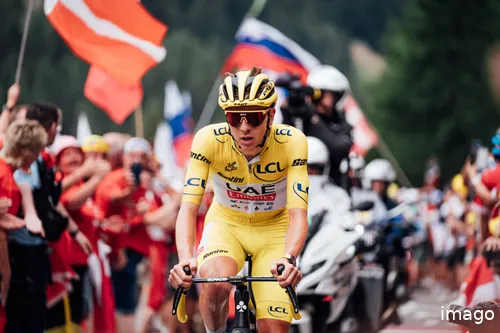
Tadej Pogacar produced an all time great season in 2024
6 stage wins and a third yellow jersey later, Tadej Pogacar
became the first man in a quarter of a century to complete the Giro-Tour double.
At no stage did he look drained from the Giro, he actually looked sharper, and
in the best shape of his career. Whilst his rivals Vingegaard and Evenepoel
were coming off of injuries in the spring, most fans would agree they wouldn’t
have beaten Pogacar that month in July regardless of their injury.
So Pogacar won 12 stages across his Giro-Tour double win,
more grand tour wins than most great riders amass throughout their entire
career. But now we’re hearing the likes of Vingegaard and Evenepoel may want to
replicate this feat and try their own Giro-Tour double. But is this really the
new way to racing, or was Pogacar simply on another level this year?
Read also
The physiological toll of multiple grand tours includes
cumulative fatigue, reduced glycogen stores, and increased risk of injury or
illness. The recovery process between such brutal events is often insufficient,
leading to potential overtraining syndrome, which can severely impact
performance and overall health.
For riders like Jonas Vingegaard and Remco Evenepoel, the
decision to attempt the Giro-Tour double carries big risks. While they’re 2 of
the 3 best riders on the planet, the sheer physical and mental depletion from
racing back-to-back is daunting even for them. The Giro is known for its
intense climbing stages and harsh conditions, and transitioning from this into
the Tour can compromise a rider's strength and resilience. There’s an added
element to competing in the Tour, which typically draws in the highest level of
riders, making it that bit tougher than the Giro a couple of weeks before.
On the other hand, modern advancements in sports science,
nutrition, and recovery methods could aid riders in managing these impacts
better. However, even with cutting-edge support, the Giro-Tour double is by no
means and easy feat, and only the very best, with the very best teams, and even
a bit of luck, can pull it off.
Read also
Giro-Vuelta
Whilst the Giro-Tour double is seen by most mere mortals as
impossible, the Giro-Vuelta combination is seen as far more doable. There’s at
least a 3 month gap in between, giving riders optimum time to rest, regroup,
and peak again. Just this year, Ben O’Connor attempted this double and came out
of it with his maiden Grand Tour podium at the Vuelta.
Alberto Contador is a rider who successfully completed this
double back in 2008. Contador won both the Giro d'Italia and the Vuelta a
España, and was on another level to his rivals and mastered the ability to peak
twice in a year. Unlike the Giro-Tour double, the Giro-Vuelta schedule allows
riders to rest, recover, and undergo another focused training block. The Vuelta
is often seen as the least challenging of the three Grand Tours, due in part to
its less grueling route, more varied stage profiles, and often smaller field of
high-profile competitors. This isn’t to say the Vuelta is an easy feat, it
certainly isn’t, but it is perhaps a better race to have as a rider’s second
grand tour of the season.
Read also
Tour-Vuelta
So Pogacar may have won the Giro-Tour double this year, but
if it wasn’t for some very unique circumstances, Jonas Vingegaard may have won
multiple grand tours in a year before him. In 2023, Vingegaard destroyed
Pogacar at the Tour de France, and a month later was on the start line of the
Vuelta a Espana. Without taking anything away from Sepp Kuss, Vingegaard was
under strict team orders to ride for his teammate, as Jumbo Visma won all 3
grand tours last year with 3 different riders. Judging by Vingegaard’s
performance on the Tourmalet, the Dane could well have won the Vuelta if it
weren’t for the history making possibility for the team.
The Tour-Vuelta double has been achieved successfully by some
of the best riders of the 21st centru, such as Chris Froome in 2017.
After winning the Tour de France, Froome went on to conquer the Vuelta a
España, and put yet another statement performance in to confirm he was the best
GC rider of his era. Froome won the Giro the following May, to hold all three
grand tours simultaneously, something Tadej Pogacar is yet to have done.
Read also
Whether the likes of Evenepoel and Vingegaard look to take
on the Giro-Tour double next year remains to be seen, and Pogacar himself has
not mentioned whether he will try to pull off the double-double. For fans, the
more action we get to watch of these great rivals the better, and we’d love to
see them face off at the Giro and Tour back-to-back. But the riders who wish to
take on this legendary combination must do so with great caution, and make sure
they’re not biting off more than they can chew.
claps 0visitors 0
Just in
Popular news
Latest comments
- Go back a few months and check what I wrote. This guy is the best sprinter out there in the next 5 years. Also he can do more than sprint ..
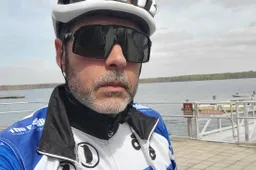 PAULO19-02-2026
PAULO19-02-2026 - Fantastic climb by Tiberi. Let’s see more of this from him.Pedalmasher19-02-2026
- Loved watching this finale. Brutal climb, looked like a brand new Middle Eastern Alpe d'Huez with those switchbacks on the mountain edge. So much grit on Del Toro's face. I really thought he might catch Tiberi with about 1500m to go. Great stage.antipodeanpedalfan19-02-2026
- You’re expecting cycling to stay immune from this type of conjecture when the worlds’ most watched and listened to figure spouts out similar unsubstantiated crap daily? Most people just follow bad example because it’s a lot easier than figuring out a good one. Anyway, it could be anything, perhaps he just knew Andrew too well, or Sir Jim didn’t want him helping any more of those pesky foreigners and paid him off ;-) He doesn’t seem the Epstein type but if that was it, kudos to him for being practically the only one to resign BEFORE being found out. I find it very concerning that no-one has much to say about any of these people who keep at it until they just can no longer claim their innocence. Who did they learn from, Lance?Mistermaumau19-02-2026
- If you are going to make comments like that, back it up with proof. Otherwise keep them to yourself.Searider18-02-2026
- In the same place as the outcry over boys vs girls losing weight, which, is in about the same place as boys vs girls getting hit, or abused.Mistermaumau18-02-2026
- Haha.awp18-02-2026
- That's a little extreme, you take wins where you can get them.awp18-02-2026
- Ironic no, a British boss of British companies has no problem outsourcing a large proportion of jobs to foreigners and then complains a proportion of that proportion actually lives in the country. And do you expect if you leave that no-one will take your spot?Mistermaumau18-02-2026
- Slowly slowly the youngsters are making more and more of an impact.Mistermaumau18-02-2026
Loading
Write a comment
